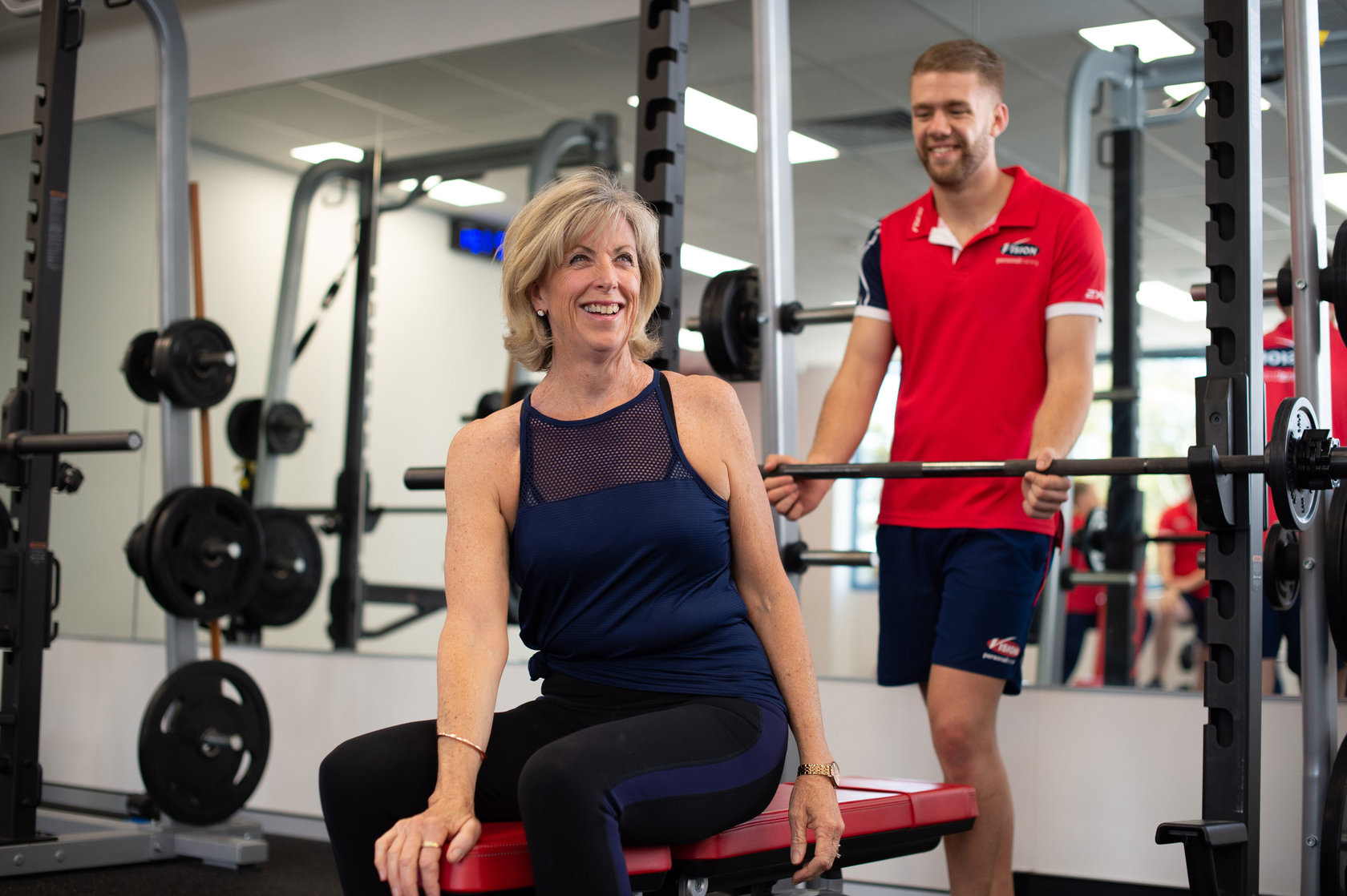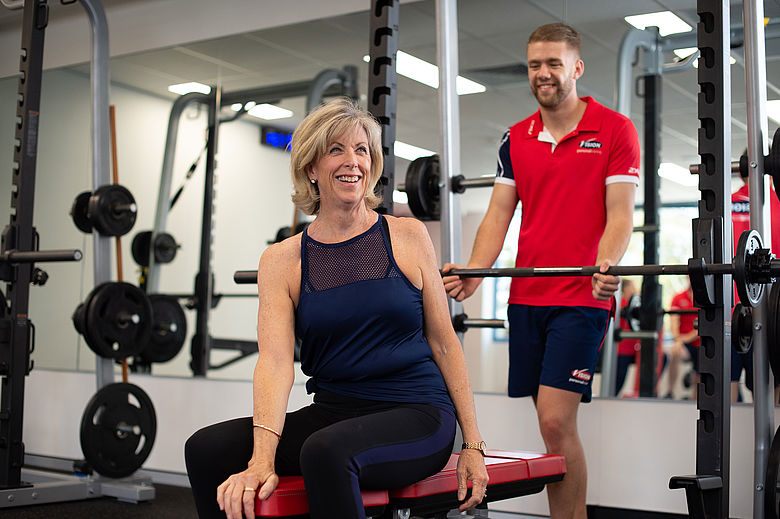For many years now, the health and fitness industry has been talking non-stop about protein, the supplement industry is now a multimillion-dollar business and protein supplements are a large part of that. But is protein really that important?
This article will discuss the function of protein, how it can help you build muscle and lose fat, what types of proteins we should be eating and why, and also how much protein should we really be having.
Your body is constantly in change, your blood cells are constantly changing, you produce new skin every month, parts of the skeleton are remodelled every 4 months, every 6 week you get new lining in your liver and the proteins in your muscles are continually changed as new tissue replaces broken down old tissues. So, what we put into our bodies is very important.
Proteins make up parts of your skin, hair, nails, bones, connective tissues and also muscle. Protein makes up around 15% of your total bodies weight, of which 65% of all protein in your body is in your skeletal muscles. So, you get the picture of how important protein is for your body.
Proteins are made up of amino acids, think of each amino acid as a brick and when you combine many amino acids, they can build great structures within the body. The muscle hormone myosin is made up of 4,500 amino acid bricks.
The human body needs 20 amino acids for growth, of which 11 non-essential amino acids can be made by the body, the other 9 are essential amino acids, that need to be supplied by the food you eat.
For your body to synthesize muscle, all essential amino acids must be available at the same time, therefore you must be getting enough essential amino acids in your diet each day to produce muscle growth. Some protein sources that provide the complete number of amino acids are, milk, eggs, fish, and meat. As these sources are animal products, you also need to be careful as it will increase your saturated fat intake. So, some lean sources of complete proteins are, egg whites, lean beef and pork, chicken and turkey breast, venison, kangaroo, shellfish and semi-skimmed milk and cottage cheese.
For any vegetarians, you can get all of your essential amino acids in for the day, but you need to combine two incomplete protein sources to make one complete meal. Combine legumes and whole grains for complete proteins. E.g. Rice and beans, lentils and barley, bulgur with beans or peanut butter and legumes with nuts and seeds.
Some research suggests that if you are vegetarian or vegan you should increase your protein intake 10% above the recommended amount.
Protein has the highest thermogenic effect of all macronutrients. Up to 30% of calories are burned off to digest and absorb protein, compared to only 10% of carbohydrates, so having proteins instead of carbs will help boost your metabolism. It also helps supress your hunger by keeping you fuller for longer, helps maintain lean body mass, which boosts your metabolism therefore burning even more energy.
So how much protein should you be having? This is probably the most contentious topic out of them all and everyone has their opinion of how much or how little you should have.
The US government recommends only 0.36grams per pound of body weight, so for a male of 80kgs or 176-pounds, that's only 64grams of protein. Most people in the fitness industry will tell you anywhere from 0.8-1.5 grams per pound of body weight. So, for our male of 80kgs (176lbs) that would now be anywhere from 140gram to 264grams. Obviously, the range difference will depend on what your exercise level, frequency and intensity is and also what your goals are.
If like most people your goal is to gain muscle, get lean, lose fat then you should be aiming for over 1gram per pound of body weight. For people on fat loss goals, then you should be aiming for around 40% of your macronutrient content to come from protein, that equates t around 1.1-1.3 grams per pound of body weight.
When it comes to frequency and portion sizes then you should be aiming to have a good protein source with every meal. The advantages of this are that if you have a high protein goal for the day, then you aren't having a huge piece of meat twice per day which beneficial in several ways, but mostly because your body's ability to break down and use the protein tops out at around 30-40grams of protein. So, if you're having a portion size a lot bigger, then your body won't get the benefits of the protein and will either get rid of it as a waste product, or like any macronutrient it can't get rid of, it will store it as fat.
As discussed, protein has many roles within the body and consuming the right types and right amounts is very important. When it comes to training and achieving your health and fitness goals under consumption of protein can really hamper any progress you may be trying to make, and in some cases actually regress your progress. When we break down muscle tissue from training, we need protein or our building blocks-amino acids- to rebuild our muscle tissue so we can get bigger, stronger and leaner. Without sufficient protein our muscles may not repair as quickly or as strongly as they were before, therefore we are not maximising our benefits of the training we have just done.
Other issues may be a fatty liver, skin, hair and nail problems, greater risk of bone fractures and an impaired immune function.
*Disclaimer: Individual results vary based on agreed goals. Click here for details.

